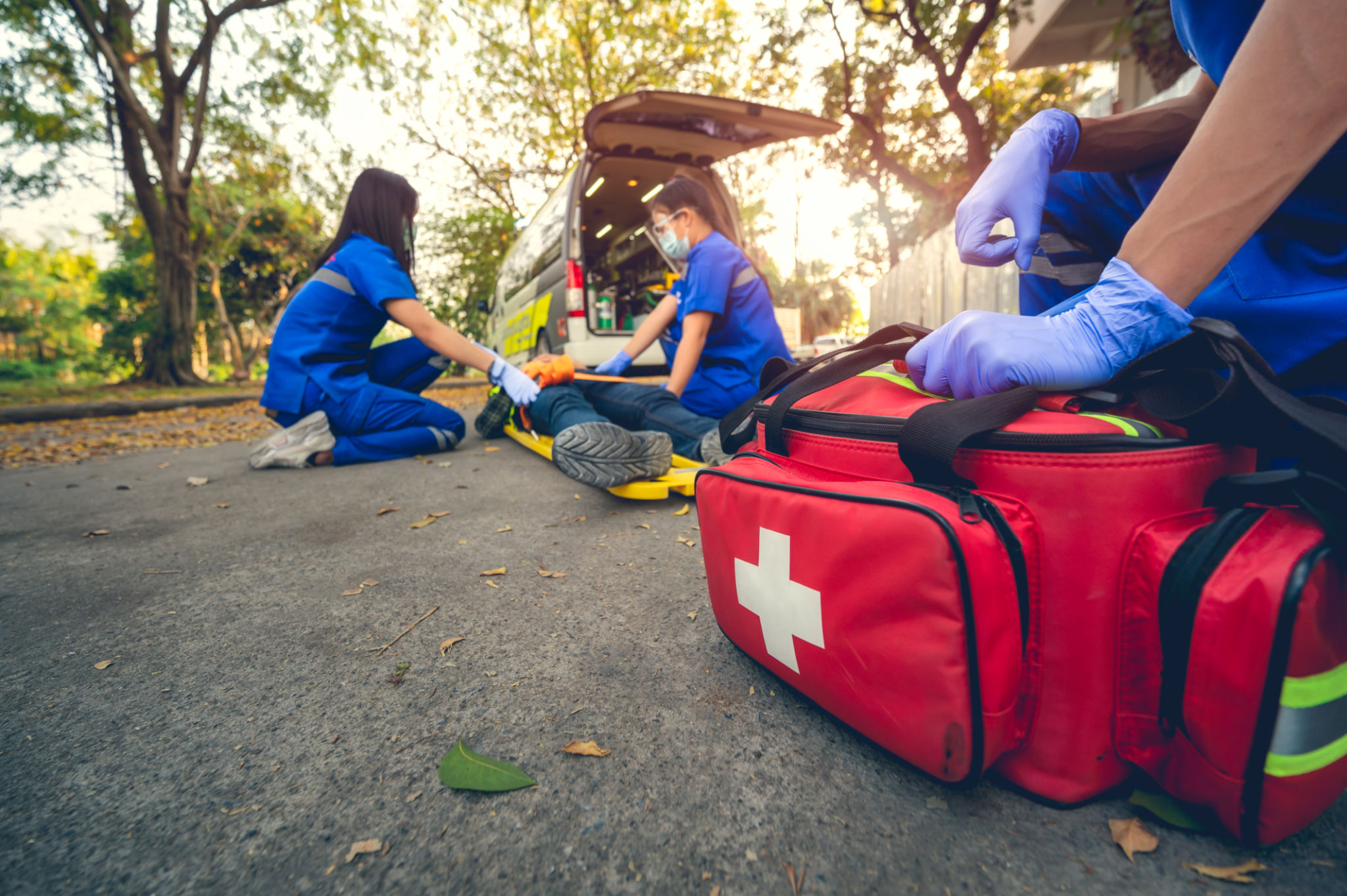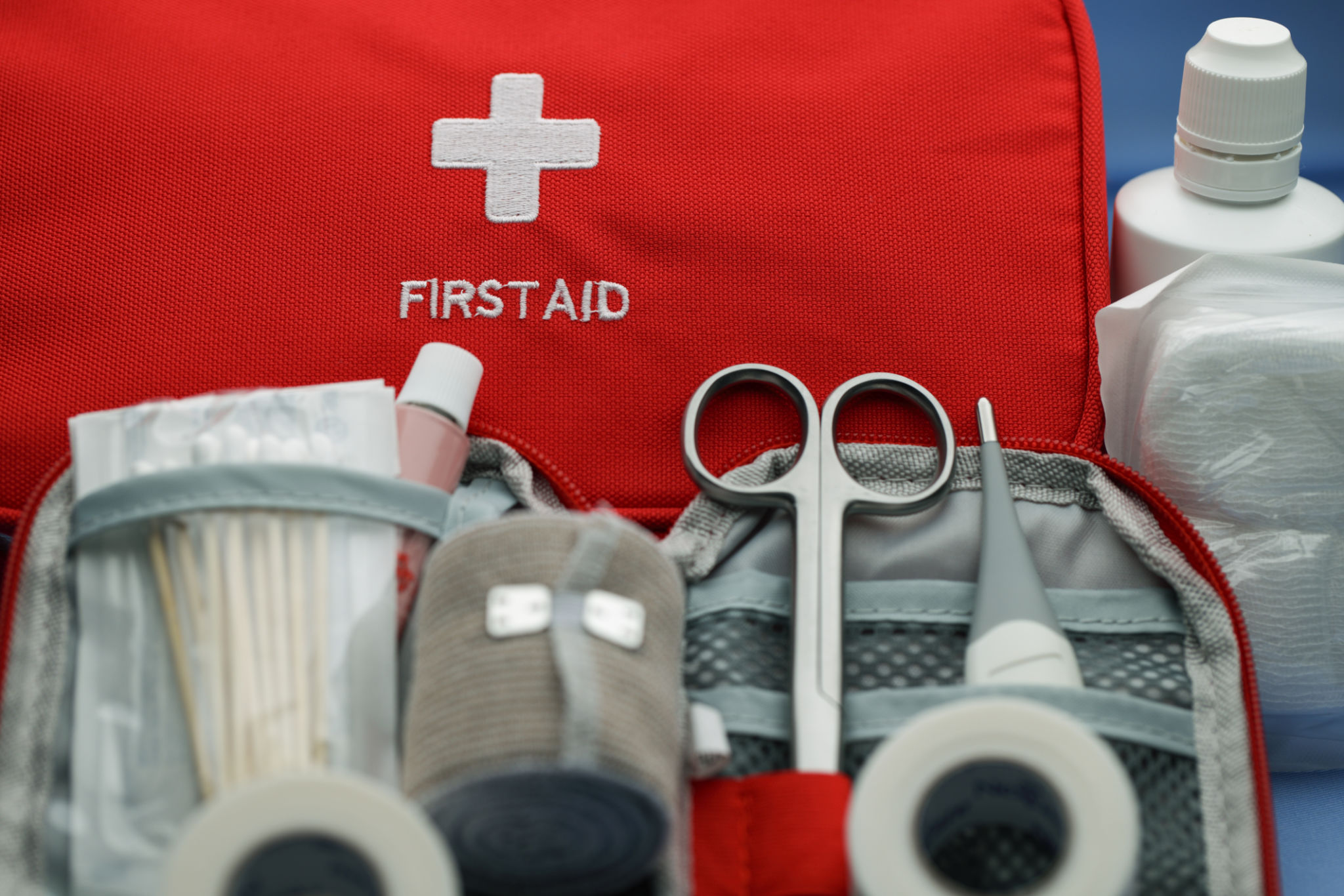Top 5 Myths About Emergency Medical Support at Public Gatherings
Understanding Emergency Medical Support at Public Gatherings
When attending a large event, the last thing on most people's minds is the potential need for emergency medical support. However, it's crucial to understand the realities of medical services at public gatherings to ensure safety and preparedness. Unfortunately, several myths persist that can lead to misconceptions. Here, we debunk the top five myths about emergency medical support at public gatherings.

Myth 1: Medical Emergencies Are Rare
One of the most common misconceptions is that medical emergencies rarely occur at public events. While it's true that not every gathering will result in an emergency, the likelihood increases with the number of attendees. Factors like weather conditions, crowd density, and the nature of the event can all contribute to the potential for medical incidents.
Event organizers often collaborate with local emergency services to prepare for various scenarios. This preparation ensures that if an emergency occurs, it can be addressed quickly and effectively.
Myth 2: On-Site Medical Staff Are Unnecessary
Some believe that having on-site medical staff is an unnecessary precaution, but this couldn't be further from the truth. On-site medical professionals play a critical role in providing immediate care, which can be life-saving in certain situations. They are equipped to handle a range of emergencies, from minor injuries to more serious conditions.

Moreover, having trained medical personnel on-site can significantly reduce response times and increase the chances of positive outcomes for those in need of urgent care.
Myth 3: Any Attendee Can Handle a Medical Emergency
While basic first aid knowledge is beneficial for everyone, it's not a substitute for professional medical training. Handling a medical emergency requires specific skills and expertise that only trained professionals possess. Attempting to manage a critical situation without proper training can sometimes cause more harm than good.
It's always best to alert on-site medical personnel or call emergency services if a serious incident occurs. They have the experience and equipment necessary to manage emergencies effectively.

Myth 4: Emergency Medical Support Is Expensive
The perception that emergency medical services are costly often deters events from including them in their planning. However, the cost of not having these services can be far greater, both in terms of financial liability and human impact. Many insurance policies for events include provisions for medical support, making it more accessible and affordable than some realize.
Investing in emergency medical support ensures attendee safety and provides peace of mind for both organizers and participants.
Myth 5: Pre-Event Planning Isn't Necessary
Some might think that emergency planning can wait until an incident occurs, but preemptive measures are crucial. Event organizers should work closely with medical professionals to assess risks and develop comprehensive emergency response plans tailored to the specific event type and size.
A well-thought-out plan includes designated first aid stations, clear communication channels, and protocols for various emergency scenarios. This preparation can make all the difference when seconds count.
Understanding these myths helps demystify the role of emergency medical support at public gatherings. By acknowledging the importance of professional medical assistance, we can ensure safer and more enjoyable experiences for everyone involved.
